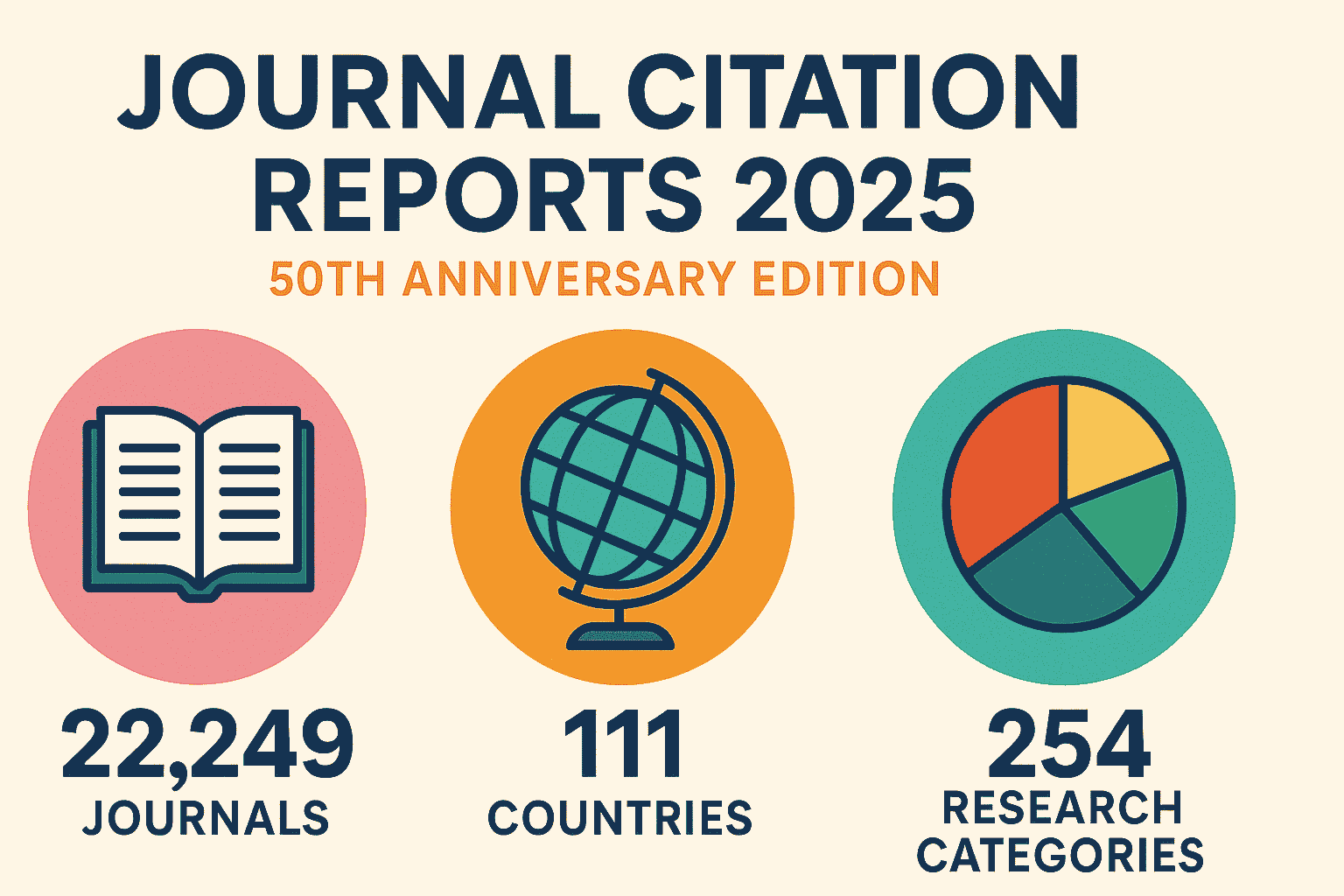Researchers quantify rate of essential evolutionary process in the ocean – New Study/Science Updates
The movement of genetic material between organisms that aren’t directly related is a significant driver of evolution, especially among single-celled organisms like bacteria and archaea. A team led by researchers at Bigelow Laboratory for Ocean Sciences have now estimated that an average cell line acquires and retains roughly 13% of its genes every million years via this process of lateral gene transfer. That equates to about 250 genes swapped per liter of seawater every day.
Summary
Lateral gene transfer (LGT), the movement of genes between unrelated organisms, is a powerful evolutionary force, particularly in bacteria and archaea. Researchers at Bigelow Laboratory for Ocean Sciences have quantified the rate of LGT, estimating that a single cell line gains and keeps about 13% of its genes through LGT every million years. This translates to approximately 250 genes being exchanged per liter of seawater daily, highlighting the substantial impact of LGT on the genetic makeup of marine microbes. This discovery underscores LGT’s critical role in shaping the evolution of single-celled organisms.
Read more…
This post is part of “Science and Technology News”, Follow for more…!!!
Credits: Source
Disclaimer








